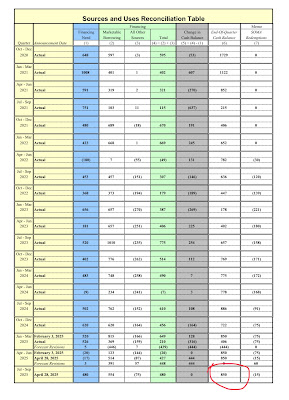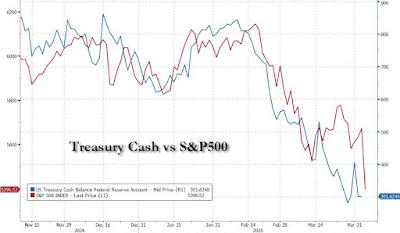This is a follow-up to the previous post. It is a meta-analysis and explanation of the current transition in the world order, driven by the Second World (China and, previously, the USSR, now Russia) and the Third World (the rest) catching up technologically. At the same time, the First World lags owing to financialization and de-industrialization.
Naked CapitalismSystemic Entropy and Power: Explaining the Breakdown of World Order
Curro Jimenez
See also at NC
Hobbes addressed the imposition of order.
Thomas Hobbes and His Political PhilosophyDr. Vladislav B. Sotirovic, Ex-University Professor, Research Fellow at Centre for Geostrategic Studies, Belgrade, Serbia
Emmanuel Todd also looks at the contemporary trend of the breakdown of order in the West and the consequent imposition of order through authority. Todd recently published The Defeat of the West based on the analysis he summarizes in this post. His point is that neoliberalism, grounded in Western primacy, has failed as a global organizational principle, resulting in growing systemic disorder.
Emmanuel Todd SubstackDialogue in Hiroshima
Emmanuel Todd, historian, anthropologist, demographer, sociologist and political scientist at the National Institute of Demographic Studies (INED) in Paris









